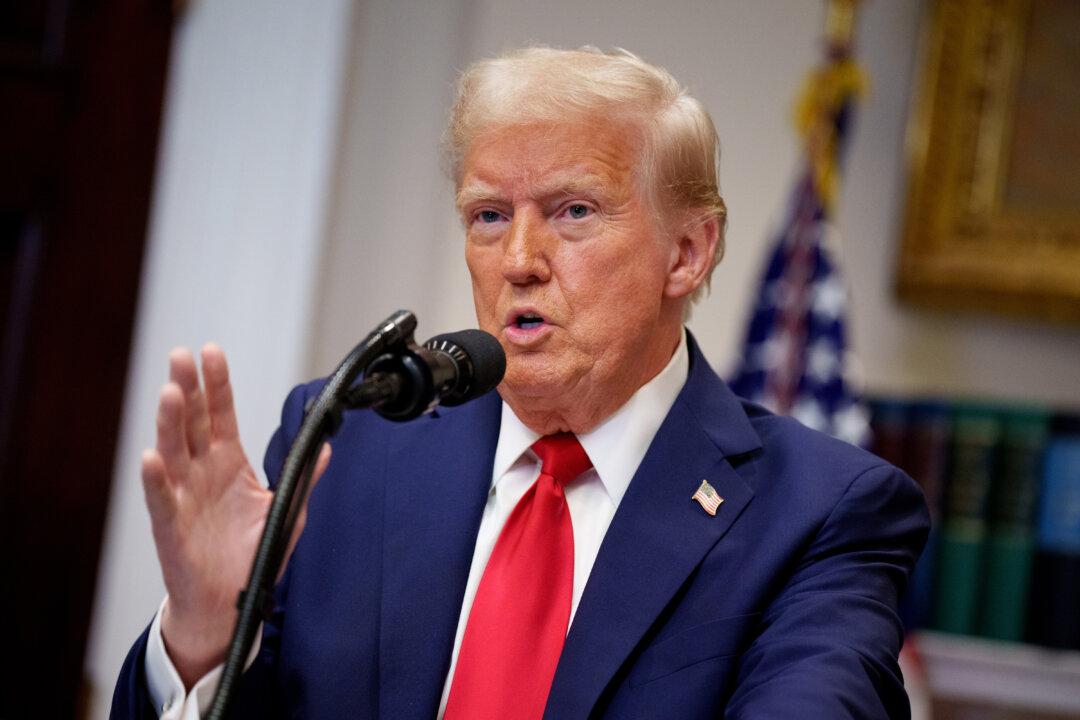Despite concerns of Chinese interference in federal elections and targeting of Canadian politicians, efforts to create a foreign agent registry in Canada remain stagnant. The potential inclusion of many Canadian elites in such a registry has contributed to the resistance, committee MPs heard on May 11.
Christian Leuprecht, professor at the Royal Military College of Canada, told MPs that “elite capture,” particularly by China, is a “significant challenge” for Canada.
Leuprecht was responding to a question from Liberal MP Sherry Romanado as to whether former Prime Minister Stephen Harper had been soft on China, citing a remark from Michel Juneau-Katsuya, former chief of the Asia-Pacific Unit within the Canadian Security Intelligence Service, who testified at the PROC on May 11.
Juneau-Katsuya said Harper became soft on China at the end of his mandate because “agents of influence were able to gain access to him and change the course of his decision-making.” He said agents of communist China have influenced every Canadian federal government, from Brian Mulroney’s administration to Justin Trudeau’s.
Leuprecht noted in his reply that concerns about the donation have been raised since 2016 and there needs to be an honest discussion about it, adding that there’s resistance to a foreign agent registry because of “the number of Canadian elites that would get in snarled in such a registry.”
‘Taking Democracy for Granted’
Leuprecht called for a coherent deterrence strategy that imposes cumulative costs on hostile state actors, particularly from China.“Foreign interference is fundamentally a matter of Canadian sovereignty,” he said. “Subversion by Beijing is the single greatest threat to Canada’s sovereignty and democratic way of life today.”
“Too many Canadians and MPs are taking democracy for granted. Instead, a government that claims to have a values-based foreign policy should be defending and protecting Canadian democracy, freedoms, and way of life.”
Leuprecht suggested establishing clear thresholds for foreign interference and subversion, as well as punitive consequences for violating Canadian law. He also recommended assigning integrated national security enforcement teams to foreign interference investigations, as they have already proven to be effective against terrorism.
Additionally, he said subversion by the United Front is bolstered by China’s large number of foreign diplomatic services in Canada, which he noted is unreasonable considering the relatively small number of accredited Canadian diplomats [in China].





